Freshwater fisheries are the most heavily exploited aquatic resources, producing about a quarter of the world’s food fish from less than 0.01 per cent of the world’s water resources. Although freshwater fish farming is approximately 2,000 years old, the importance of it has been realised only recently in the face of mounting pressure of land resources and scarcity of animal protein for the ever increasing human population. Rapid development of freshwater fisheries has already generated considerable employment through culture of marketable fish, fish seed production, and marketing of fish and fish seed. The other important advantages of fish farming are that the production is carried out within easy reach of consumers and also the harvesting can be adjusted to demand, thus minimizing distribution problems and spoilage. This book deals with various methods and issues of freshwater fish culture. It outlines the basic principles of freshwater fish culture and the characteristics of undrainable ponds. Techniques of culturing various economically important freshwater fish species are described in detail. The importance of integrated fish farming is highlighted. Methods of improvement of existing ponds and construction of new ponds have been included. Topics such as pond management, fish health management and management of common hazards etc., have also been dealt with. The book is primarily meant for students, teachers, farmers, extension workers and aquaculture training institutions.
Encyclopaedia of Fishes (In 9 Volumes)
$927.90
$1031.00

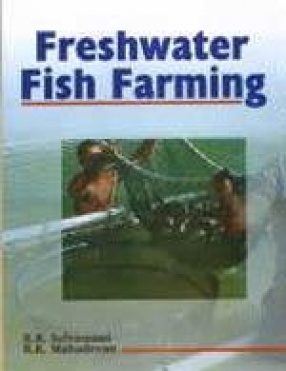
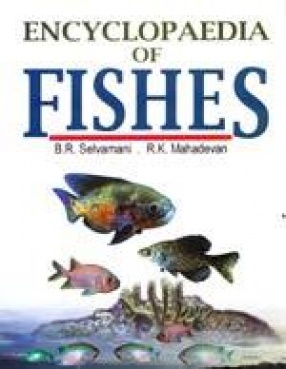
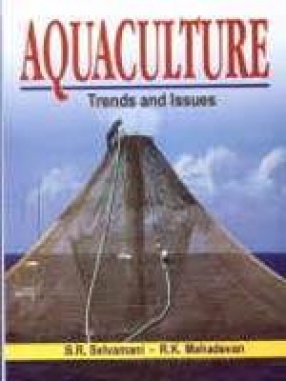
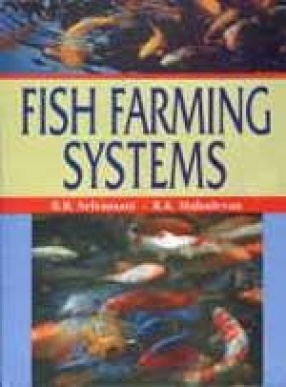

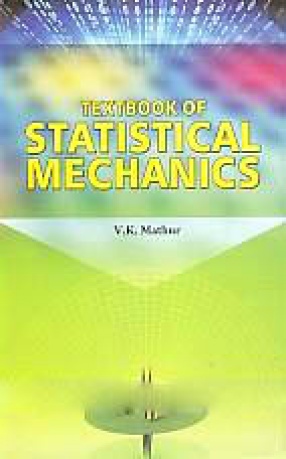
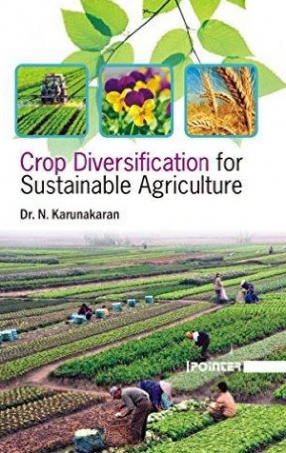
There are no reviews yet.